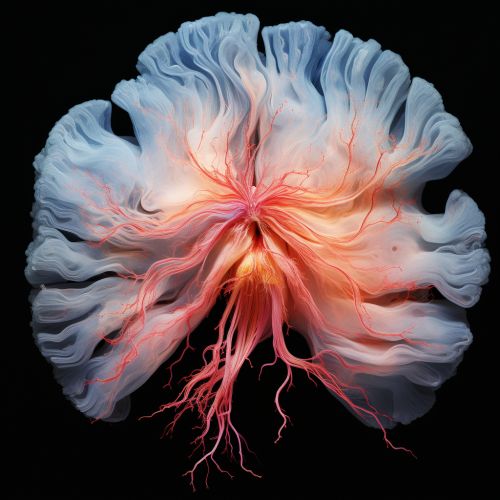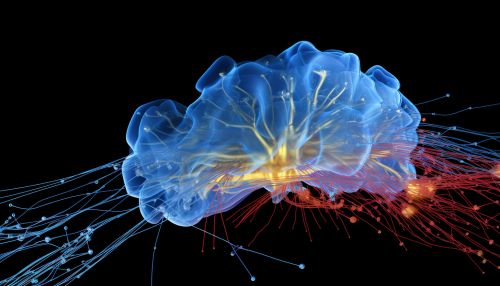Cognitive Neuroscience of Habit Formation
Introduction
Cognitive neuroscience is a branch of neuroscience that explores the biological processes that help us to understand complex behaviors and how they are related to the brain. One of the key areas of focus in cognitive neuroscience is the understanding of habit formation. Habits are behaviors that are performed automatically, often without conscious thought, due to learning, repetition and reinforcement.
The Brain and Habit Formation
The brain plays a pivotal role in habit formation. The basal ganglia, a group of structures located deep within the cerebral hemispheres, are particularly important. The basal ganglia, especially the striatum, are involved in a variety of cognitive processes including motor control, learning, and habit formation.


Neural Mechanisms of Habit Formation
Habit formation is thought to be a process of reinforcement learning. This involves the strengthening of connections between neurons in the brain (synapses) in response to rewarding stimuli. The dopamine system, which is heavily involved in reward and motivation, plays a crucial role in this process.
Habit Learning Models
There are several models that explain how habits are formed and maintained. These include the dual-process theory, the habit-goal interface theory, and the associative-cybernetic model. Each of these models provides a different perspective on how habits are formed and how they can be changed.
Habit Formation and Disorders
Habit formation is not always beneficial. In some cases, it can lead to the development of disorders such as obsessive-compulsive disorder (OCD) and addiction. Understanding the cognitive neuroscience of habit formation can therefore be crucial in developing effective treatments for these conditions.
Conclusion
The cognitive neuroscience of habit formation is a complex and fascinating field. By understanding the neural mechanisms that underlie habit formation, we can gain insights into a wide range of behaviors, from the beneficial to the pathological.
